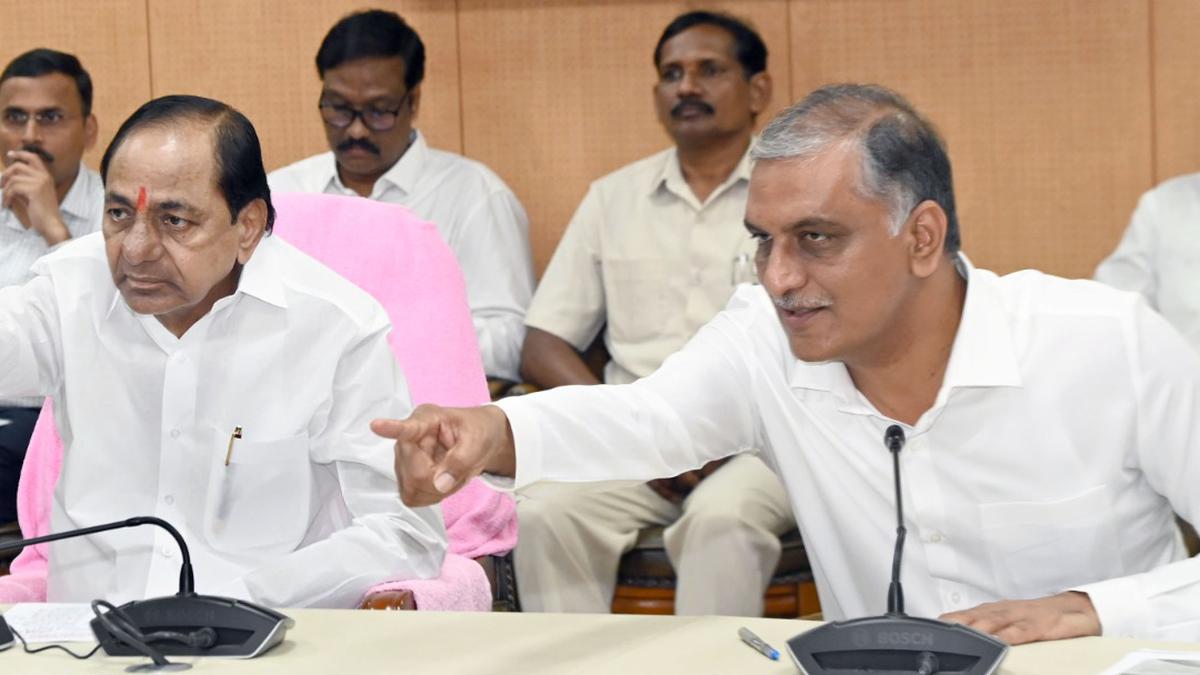
Telangana sets record with opening of nine new medical colleges in a single day
The Hindu
The State of Telangana has created history opening nine new medical colleges in different districts in one go
The State of Telangana has created history opening nine new medical colleges in different districts in one go.
Chief Minister K. Chandrasekhar Rao virtually inaugurated the medical colleges set up in Karimnagar, Kamareddy, Khammam, Jayashankar Bhupalpalli, Kumrambheem Asifabad, Nirmal, Rajanna Sircilla, Vikarabad and Jangaon districts on Friday. This follows the inauguration of eight medical colleges in different districts last year and the State is moving ahead towards the target of setting up one medical college each in all the 33 districts.
The Chief Minister said the inauguration of new medical colleges would ensure 10,000 doctors completing their medical degrees every year and this would, in turn, lead to a revolution in the medical sector.
Health and Finance Minister T. Harish Rao said the inauguration of new medical institutions reflected the Chief Minister’s commitment to take healthcare to the doorstep of the common man. The State achieved a significant milestone in the health sector under the guidance of the Chief Minister.
With the inauguration of new medical colleges, Telangana’s share in the MBBS seats across the country has risen to 43% while 27 other States and Union Territories contribute to the remaining 53%. Telangana had become a role model for the country with the launch of several projects like Mission Bhagiratha, Mission Kakatiya, Kaleshwaram, 24X7 quality power supply to all sectors, medical college in each district and Ryth Bandhu., Mr. Harish Rao said.
“The inauguration of new medical colleges has proved the saying that Telangana implements and the country follows,” he added. He recalled the struggle for separate statehood and said the newly formed State had become a model for others under the able leadership of the Chief Minister.
Mr. Harish Rao congratulated the students who secured admissions in the new medical colleges.













